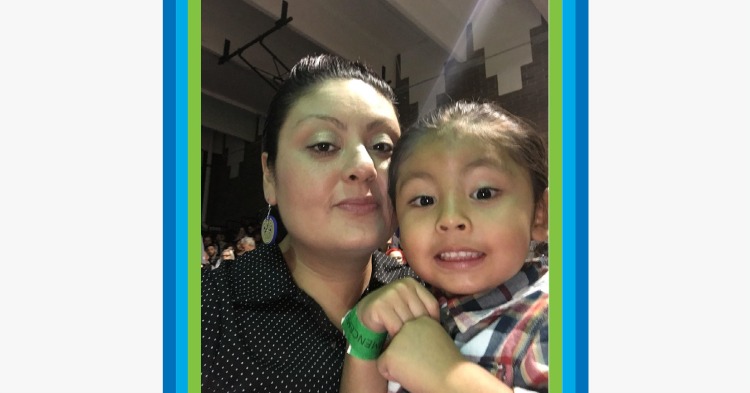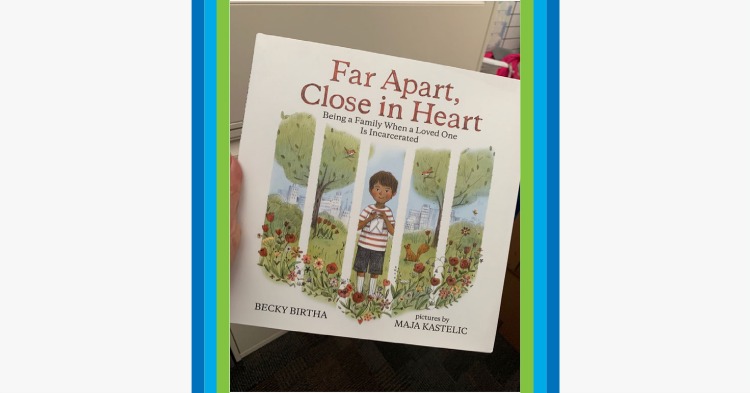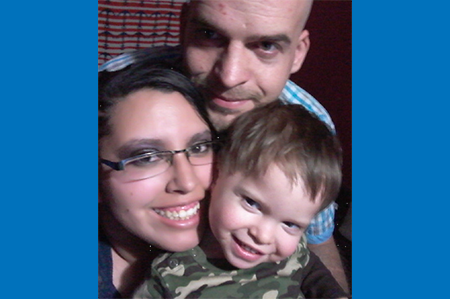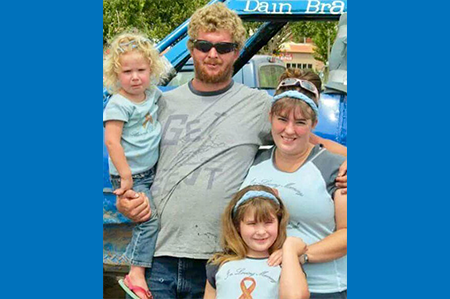Evidence-based parenting education programs offer a structured series of learning sessions that directly engage parents and caregivers in ways designed to increase the knowledge and skills of families and promote positive parenting practices resulting in enhanced child health and development.
Parenting outreach and awareness increases awareness among families of positive parenting practices, child development including health, nutrition, early learning and language acquisition and knowledge of available services and supports to enhance their child’s overall development through earned media, paid advertising, information sharing, resource distribution and/or parenting activities.
Regions funding this strategyFeatured Stories
Funding Plan Highlights
Cocopah Tribe
The Cocopah Tribe Regional Partnership Council dedicated State Fiscal Year 2019 as a planning year to pursue a health strategy aimed at addressing the issue of childhood obesity in the region. This strategy was designed as a programmatic and system-building strategy to developing partnerships with programs supporting children’s health and nutrition. This planning year led to a clear direction of the partners and components for the strategy, which resulted in a Parenting Outreach and Awareness Strategy with a health focus. The goal of the strategy is to increase community awareness of positive parenting practices in the area of health and nutrition for families of children birth to age 5 as well as increase knowledge of available services and supports to enhance children’s overall health. The components of the strategy include cooking and physical activity workshops provided in both virtual and live settings. There were opportunities for family interactions to promote healthy habits including family walks and play days in all three reservations. Other parenting events included community health fairs and wellness open houses. Additionally, through his strategy, the development of a health system committee continues.
Salt River Pima-Maricopa Indian Community
The Parenting Outreach and Awareness Strategy continues to provide parenting activities to increase families’ awareness of positive parenting practices, child development, early learning and language development through three parenting programs under one contract with the Tribal Education Department.
The WISH Parenting Program, located at the Tribal Education Department main campus, continues to have consistent parent attendance in the 20-week program that is offered throughout the year, with over three-quarters of parents completing the entire program. The program has accomplished the goal of providing a safe atmosphere for parents to participate in discussions surrounding challenges and successes in parenting their young children. Some parents requested a second-level parenting class for those who completed the initial program. Therefore, an advanced program was added and has also been well received and well attended in the region. The WISH Parenting Program utilizes components of the Conscious Discipline curriculum supplemented with the Center on Social and Emotional Foundations for Early Learning Parenting Education curriculum. Many of the participants have shared the positive impact the parenting program has had on their family relationships and recommend the class to other parents in the region. In addition, there has been increased communication and collaboration among tribal programs, resulting in an increase in referrals to the parenting program from other tribal departments.
White Mountain Apache Tribe
Recently, the White Mountain Apache Tribe’s tribal council convened a meeting with tribal Head Start staff and FTF staff. In the meeting, it was identified that enrollment is very low for some Head Start classrooms and other early care and education classrooms throughout the community despite multiple approaches to conducting outreach, recruitment and enrollment among eligible families. It was further identified that the tribal council is very concerned that younger Apache parents and families may not understand the importance of early education and that is the reason why enrollment in the early care and education programs such as Tribal Head Start is low and continues to drop. There was some preliminary discussion about devising an awareness campaign and the need to convene early learning providers to coordinate awareness, outreach, recruitment and enrollment efforts.
With the concerns of the tribal council and data/information about low enrollment/participation in mind, the regional council increased the funding allotment for the Parenting Outreach and Awareness Strategy. This increase will allow the paid advertising component of the strategy to be implemented in the White Mountain Apache Tribe Region. If approved, a community-wide awareness campaign will be developed in coordination with the tribal council and the regional council that will include materials and media approaches that reflect White Mountain Apache’s young children and families, and its unique culture and language while providing information about the importance of early education. The cost to conduct research to create culturally appropriate and responsive materials specific to White Mountain Apache Tribe community and the most effective approaches to deliver such a campaign is anticipated to be significant.
Yuma
The Yuma Region’s parent education grantee collaborates with its early literacy program to allow both programs to operate in sync. When one ends the other one starts. This collaboration enhances parent engagement and completion. This collaboration takes place at local Head Starts and school districts around the region.
Find more details about strategies related to Family Support in the FTF Strategy Toolkit.






